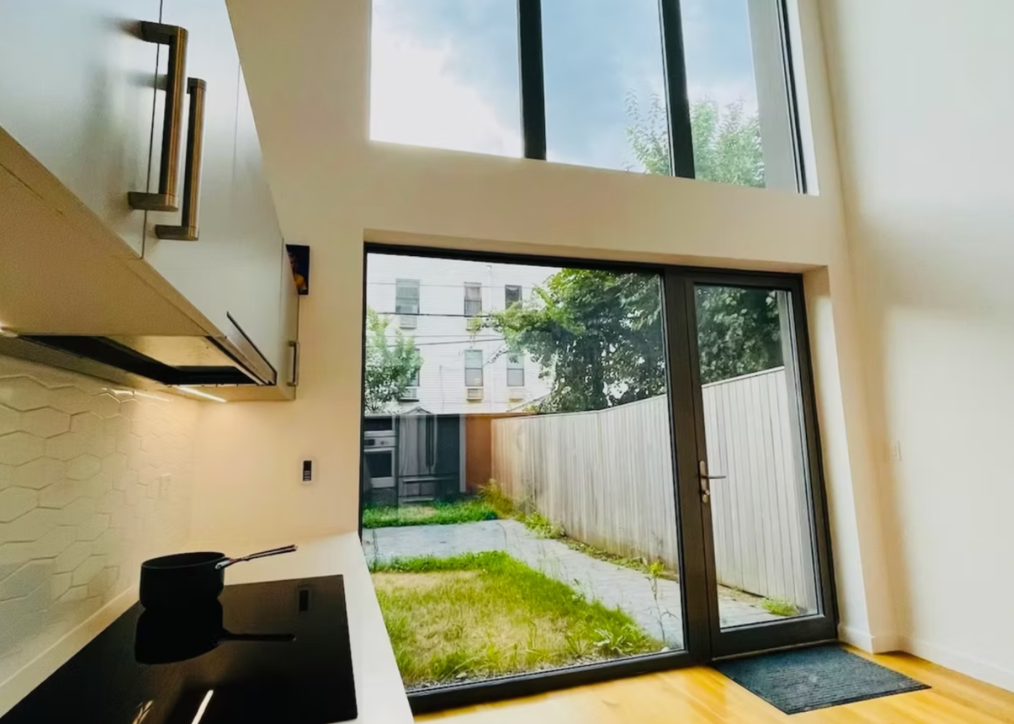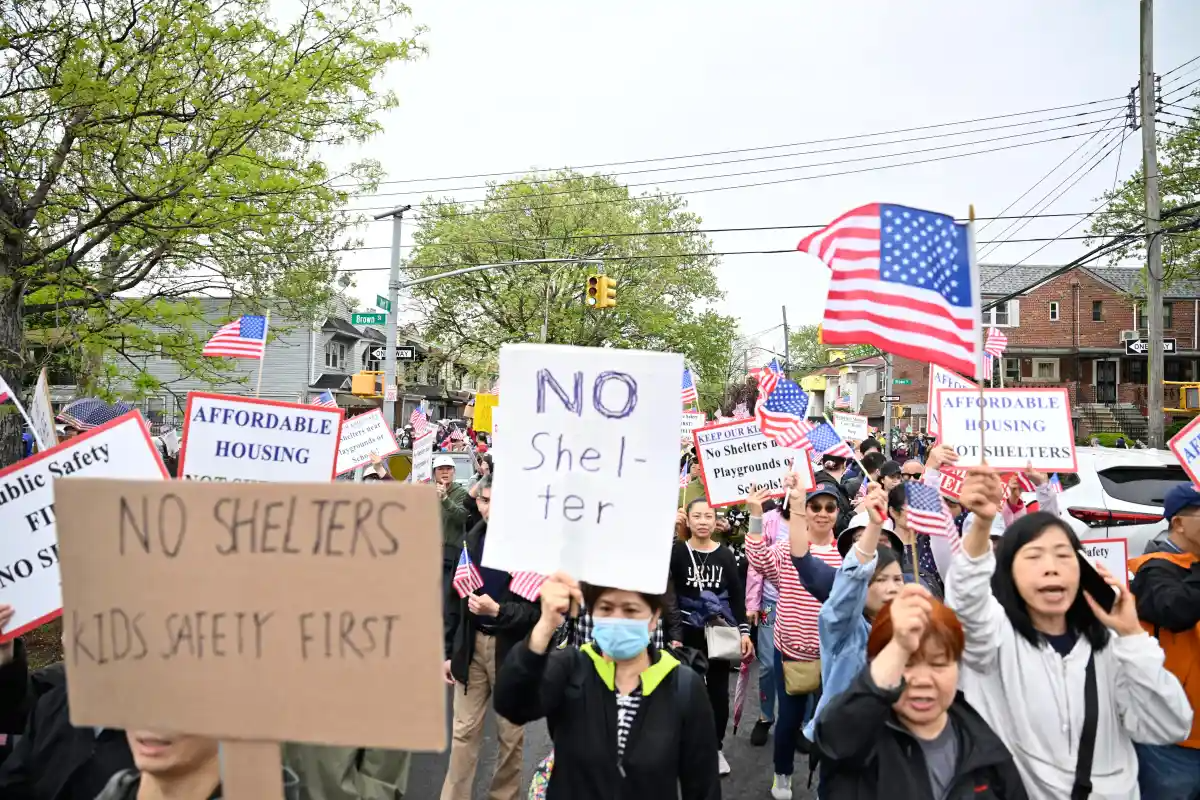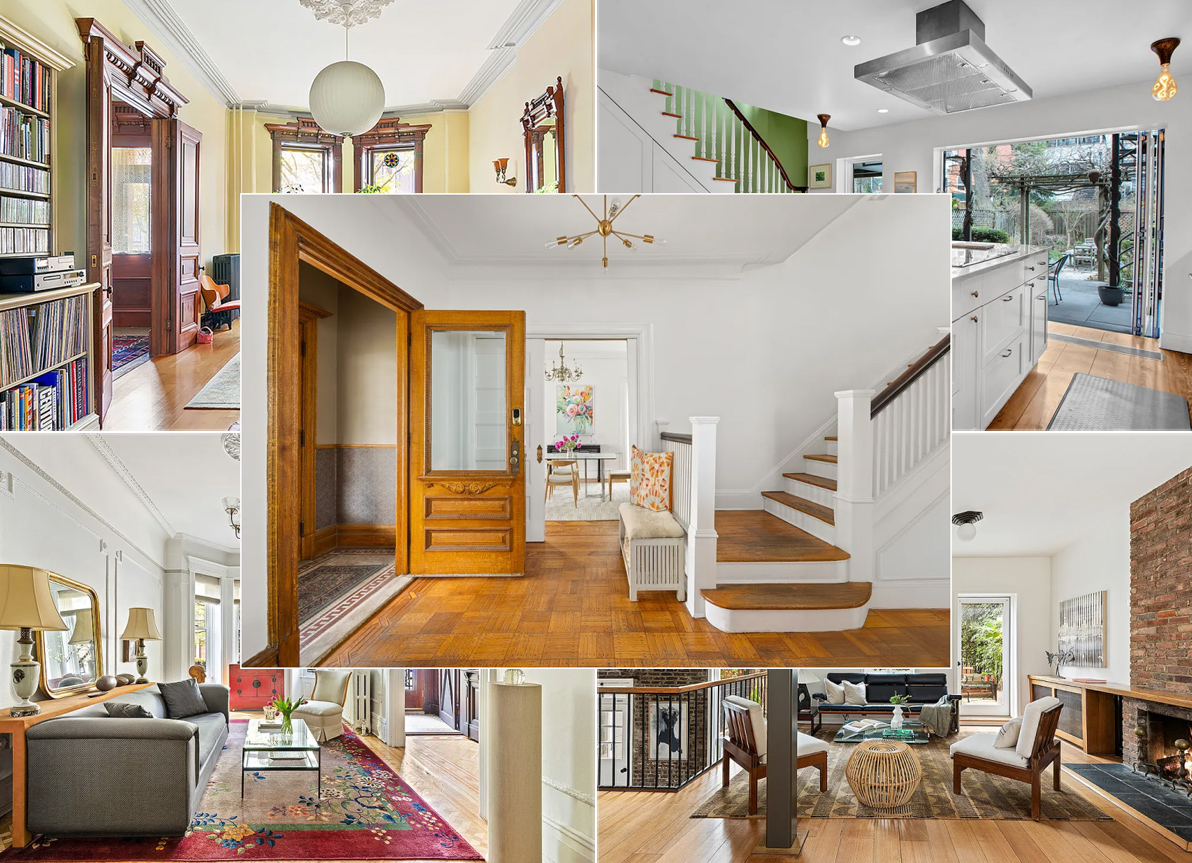Another Reason We're Glad We Left Manhattan
According to Forbes, $500,000 a year after tax is required to support an “affluent lifestyle” for a family of four in Manhattan. On the checklist of requirements: 2 cars, 2 private school tuitions, primary home cost of $3.9 million, second home cost of $1.9 million, and three vacations a year. Not everyone agrees that half…

 According to Forbes, $500,000 a year after tax is required to support an “affluent lifestyle” for a family of four in Manhattan. On the checklist of requirements: 2 cars, 2 private school tuitions, primary home cost of $3.9 million, second home cost of $1.9 million, and three vacations a year. Not everyone agrees that half a million dollars after tax is enough to qualify for affluence. “I think $500,000 will give you a comfortable lifestyle, not an affluent one,” said Dolly Lenz, a top real-estate broker with Prudential Douglas Elliman. “To live affluently, not extravagantly, you’d have to make at least $2.5 million a year.”
According to Forbes, $500,000 a year after tax is required to support an “affluent lifestyle” for a family of four in Manhattan. On the checklist of requirements: 2 cars, 2 private school tuitions, primary home cost of $3.9 million, second home cost of $1.9 million, and three vacations a year. Not everyone agrees that half a million dollars after tax is enough to qualify for affluence. “I think $500,000 will give you a comfortable lifestyle, not an affluent one,” said Dolly Lenz, a top real-estate broker with Prudential Douglas Elliman. “To live affluently, not extravagantly, you’d have to make at least $2.5 million a year.”
But how about Brooklyn? What does a family of four who is just buying a house now–say for $1.5 million–need to be comfortable (not affluent)? On a $1.2 million mortgage, call it $70K or so after tax for mortgage, taxes, insurance alone. Public versus private school decision is probably the next biggest factor–chalk up $30K for the latter if so inclined. So we’re up to $100K before you eat your first meal or make a lease payment on your car (we seem to get by with one car just fine). Granted a lot of people find ways to defray these costs considerably, most obviously by renting out a portion of their house as we plan to do or sending their kids to public school if they’re in a decent district. But still, it’s a little scary how fast the number can creep up and how quickly one can become a prisoner of one’s own mortgage, isn’t it?
Getting By On 500G [NY Post]





i’ve often tried to get a public school crusade together to get our own damn ps 321… a lot of parent involvement and push within the school and the city… it would benefit the whole community, help further integrate the community and we’d all save a lot of money- i’ve kept this anonymous only because i didn’t even bother to look at our public school at first (I am ashamed of my initial lack of interest in dealing with it as an option) but now I am really bothered that it is ok for any child to not have the “best” education! where to start?
Brownstoner, that takes into account rental income, right?
Keep in mind that between the tax deductability of mortgages and depreciation of the rental portion of your house, the after-tax monthly nut on even a low seven-figure home can be quite manageable. Looks like ours will come in under $2,000, and that’s including taxes and insurance. Cheaper than our crappy 2-bedroom rental we’re living in while we renovate.
Thanks for the comments… I figured as much, but I feel like I already do all those things! Ha! Don’t have a car, I enjoy eating at home (in our new home), stopped shopping for designer clothing years ago… all in all I think I’m pretty conservative and responsible… somehow in the end I think these things always work themselves out… its the daycare cost that is killer though, right? When the kiddos are too young for school? We definitely need both our incomes.
To curiousBrownstoner,
Some of those who choose to send their kids to private school, even in communities with good public schools, do it by sacrificing other things like cars, meals out and separate rooms for their kids. Also, At least some of the priavte schools offer financial aid to people you might not tnink would qualify. Many people I know send multiple children to private schools with tuitions above $20k a year and get 25 to 50 percent aid to do so. These are people with 6 figure incomes and houses now worth more than $1 million. Interestingly though, the number of people qualifting for financial aid in this category is falling for several reasons, including increased demand from people moving to the neighborhoods, and, the fact that financial aid grants are made in part due to net worth, which includes the equity in your home. Many, many of the families I know, us included, drive 15 year old cars, eat at home (amazing I know) and use fans instead of air conditioners. And, a big and I admit, were fortunante enough to buy house with rental incomes 7 to 10 years ago when well under $500k would buy a 3family brownstone in Cobble Hill. Now, the growth in rental incomes has allowed many of those folks to pay 100% of their mortgages with the rental income.
Regarding the cost of schools, many people find that moving to a higher cost area like cobble hill with good public schools is cheaper than moving to an area like clinton hill and sending a kid (or eso 2 kids) to private school.
If you are interested in buying and selling for profit, of course, that is a different dynamic.
Interesting points all around.
Anyone notice that the Forbes assumptions allocate only 10% or less of the income for savings/investments? I doubt that most high-income people save/invest that little, but I could be wrong.
The Forbes article is in line with the NY Times’ Sunday article about “Singles Living In The Suburbs” and including Hoboken as a suburb. I guess Brooklyn is the burbs too. (Other “suburbs” include the smaller cities of Stamford and Newark)
I simply have to ask — and I know this has come up before — what do you all do for a living that you can even entertain $20K elementary school tuition and your fabulous Brownstone?? I’m not being mean but I’m a newlywed, new homeowner myself… my husband and I are not rich by any means, but we make good money. Kids seem like such an impossibility due to the costs!! How do you all do it? What advice would you give a future NYC parent?
Fact of the matter is Brownstoner and others like him would never send their kids to public school because Clinton Hill and Fort Greene are still transitional (read: ghetto, rough, low income). And I don’t blame him. I don’t want my kid public school either. High school, maybe.